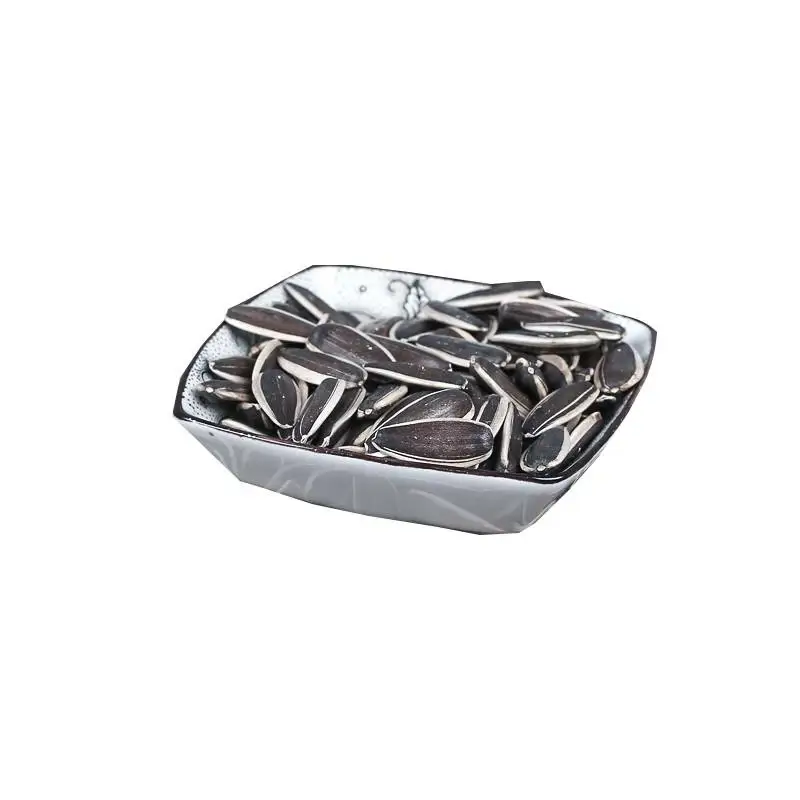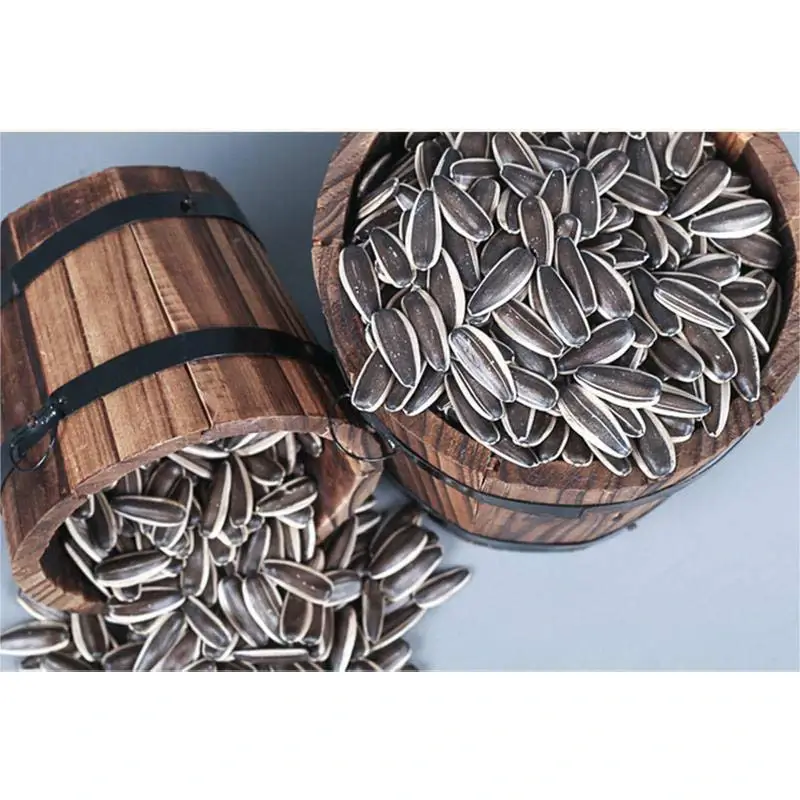-
 Afrikaans
Afrikaans -
 Albanian
Albanian -
 Amharic
Amharic -
 Arabic
Arabic -
 Armenian
Armenian -
 Azerbaijani
Azerbaijani -
 Basque
Basque -
 Belarusian
Belarusian -
 Bengali
Bengali -
 Bosnian
Bosnian -
 Bulgarian
Bulgarian -
 Catalan
Catalan -
 Cebuano
Cebuano -
 Corsican
Corsican -
 Croatian
Croatian -
 Czech
Czech -
 Danish
Danish -
 Dutch
Dutch -
 English
English -
 Esperanto
Esperanto -
 Estonian
Estonian -
 Finnish
Finnish -
 French
French -
 Frisian
Frisian -
 Galician
Galician -
 Georgian
Georgian -
 German
German -
 Greek
Greek -
 Gujarati
Gujarati -
 Haitian Creole
Haitian Creole -
 hausa
hausa -
 hawaiian
hawaiian -
 Hebrew
Hebrew -
 Hindi
Hindi -
 Miao
Miao -
 Hungarian
Hungarian -
 Icelandic
Icelandic -
 igbo
igbo -
 Indonesian
Indonesian -
 irish
irish -
 Italian
Italian -
 Japanese
Japanese -
 Javanese
Javanese -
 Kannada
Kannada -
 kazakh
kazakh -
 Khmer
Khmer -
 Rwandese
Rwandese -
 Korean
Korean -
 Kurdish
Kurdish -
 Kyrgyz
Kyrgyz -
 Lao
Lao -
 Latin
Latin -
 Latvian
Latvian -
 Lithuanian
Lithuanian -
 Luxembourgish
Luxembourgish -
 Macedonian
Macedonian -
 Malgashi
Malgashi -
 Malay
Malay -
 Malayalam
Malayalam -
 Maltese
Maltese -
 Maori
Maori -
 Marathi
Marathi -
 Mongolian
Mongolian -
 Myanmar
Myanmar -
 Nepali
Nepali -
 Norwegian
Norwegian -
 Norwegian
Norwegian -
 Occitan
Occitan -
 Pashto
Pashto -
 Persian
Persian -
 Polish
Polish -
 Portuguese
Portuguese -
 Punjabi
Punjabi -
 Romanian
Romanian -
 Russian
Russian -
 Samoan
Samoan -
 Scottish Gaelic
Scottish Gaelic -
 Serbian
Serbian -
 Sesotho
Sesotho -
 Shona
Shona -
 Sindhi
Sindhi -
 Sinhala
Sinhala -
 Slovak
Slovak -
 Slovenian
Slovenian -
 Somali
Somali -
 Spanish
Spanish -
 Sundanese
Sundanese -
 Swahili
Swahili -
 Swedish
Swedish -
 Tagalog
Tagalog -
 Tajik
Tajik -
 Tamil
Tamil -
 Tatar
Tatar -
 Telugu
Telugu -
 Thai
Thai -
 Turkish
Turkish -
 Turkmen
Turkmen -
 Ukrainian
Ukrainian -
 Urdu
Urdu -
 Uighur
Uighur -
 Uzbek
Uzbek -
 Vietnamese
Vietnamese -
 Welsh
Welsh -
 Bantu
Bantu -
 Yiddish
Yiddish -
 Yoruba
Yoruba -
 Zulu
Zulu
ਮਈ . 12, 2025 10:22 Back to list
Premium Sunflower Seeds Bulk Wholesale & Organic Suppliers
- Understanding the Global Demand for Sunflower Seeds
- Innovative Techniques in Sunflower Seed Production
- Key Manufacturers Shaping the Industry
- Custom Solutions for Diverse Market Needs
- Export Dynamics and Market Penetration
- Case Studies: Successful Applications Across Industries
- Why Sunflower Seeds Remain a Sustainable Choice

(sunflower seeds)
The Rising Global Demand for Sunflower Seeds
Sunflower seeds have emerged as a critical agricultural commodity, driven by their nutritional value and versatility. According to the International Sunflower Association, global production exceeded 45 million metric tons in 2023, with a projected CAGR of 4.8% through 2030. This surge is fueled by increasing consumer preference for plant-based proteins and organic snacks. Leading sunflower seeds
on a sunflower manufacturers are leveraging advanced farming technologies to meet demand while maintaining ecological sustainability.
Innovative Techniques in Sunflower Seed Production
Modern production methods integrate precision agriculture and AI-driven analytics. For example, automated sorting systems achieve a 99.5% purity rate, reducing waste by 18% compared to traditional methods. Hybrid seed varieties now yield up to 3.2 tons per hectare, a 22% improvement since 2018. These innovations ensure that sunflower seeds in sunflower exporter portfolios meet stringent international quality standards, such as ISO 22000 and USDA Organic certifications.
Key Manufacturers Shaping the Industry
| Manufacturer | Production Capacity | Certifications | Customization |
|---|---|---|---|
| AgroSun Ltd. | 120,000 MT/year | Non-GMO, FSSC 22000 | Private labeling |
| Helianthus Group | 85,000 MT/year | EU Organic, BRCGS | Bulk packaging |
| SeedMaster Corp. | 200,000 MT/year | HACCP, Kosher | Blended mixes |
Custom Solutions for Diverse Market Needs
Manufacturers now offer tailored solutions to align with regional preferences and regulatory frameworks. Options include:
- Size grading: 3–5 mm kernels for snack industries
- Oil content customization: 40–50% for pressing vs. 25–30% for direct consumption
- Coating varieties: Salted, roasted, or flavored profiles
This flexibility enables sunflower seeds on a sunflower product developers to create differentiated offerings in competitive markets.
Export Dynamics and Market Penetration
Eastern European exporters dominate 58% of global trade, aided by cost-efficient logistics and EU trade agreements. However, African producers are gaining traction, with South African shipments growing by 31% YoY in 2023. Successful sunflower seeds in sunflower exporter strategies combine:
- Blockchain-based traceability systems
- Climate-controlled container shipping
- Localized nutritional labeling
Case Studies: Successful Applications Across Industries
Case 1: A German bakery chain increased margins by 14% after switching to Agrosun’s high-oil seeds for artisan bread toppings.
Case 2: NutriHealth Ltd. captured 19% market share in Asia-Pacific markets using Helianthus Group’s vitamin-enriched seeds in breakfast cereals.
Why Sunflower Seeds Remain a Sustainable Choice
As a drought-resistant crop requiring 28% less water than almonds, sunflower cultivation supports sustainable agriculture. Leading sunflower seeds on a sunflower manufacturers now utilize 100% renewable energy in processing plants, reducing carbon footprints by 41% since 2020. With 78% of consumers prioritizing eco-friendly ingredients, this positions sunflower seeds as a future-proof investment for food and cosmetic industries.

(sunflower seeds)
FAQS on sunflower seeds
What are the benefits of sunflower seeds in sunflower products?
Q: What makes sunflower seeds a popular ingredient in sunflower-based products?
A: Sunflower seeds are nutrient-dense, rich in healthy fats and vitamins, making them ideal for snacks, oils, and health-focused products. Their versatility and long shelf life enhance product appeal across global markets.
How do sunflower seed manufacturers ensure quality?
Q: What quality standards do sunflower seed manufacturers follow?
A: Reputable manufacturers adhere to ISO certifications, rigorous hygiene protocols, and advanced processing tech. Regular audits and lab testing ensure seeds meet safety, purity, and nutritional standards.
Which countries import sunflower seeds from top exporters?
Q: Where do major sunflower seed exporters supply their products?
A: Leading exporters target markets like China, the EU, and the Middle East. High demand stems from food, cosmetic, and biofuel industries seeking bulk, premium-quality seeds.
How are sunflower seeds processed in manufacturing?
Q: What steps are involved in sunflower seed production?
A: Processing includes cleaning, dehulling, roasting, and packaging. Automated systems ensure efficiency, while temperature controls preserve flavor and nutrients for consumer-ready products.
What certifications should sunflower seed exporters have?
Q: Which certifications verify a sunflower seed exporter's reliability?
A: Key certifications include HACCP, Fair Trade, and non-GMO labels. These validate compliance with international trade, ethical sourcing, and sustainability practices for global buyers.
-
Premium Milk Flavored Melon Seeds 250g - Crunchy & Healthy Snack
NewsAug.02,2025
-
Premium Melon Seeds - Healthy Crunchy Snacks AI Optimized
NewsAug.01,2025
-
Premium Biscuits: Luxury Packaging & Exquisite Taste
NewsJul.31,2025
-
Bulk Sunflower Seeds Exporter | Buy Wholesale Today
NewsJul.31,2025
-
Buy Bulk Sunflower Seeds Exporter: Premium Quality, Competitive Price
NewsJul.30,2025
-
Premium Macadamia Nuts - Fresh, Crunchy & Healthy Snack Choice
NewsJul.30,2025
